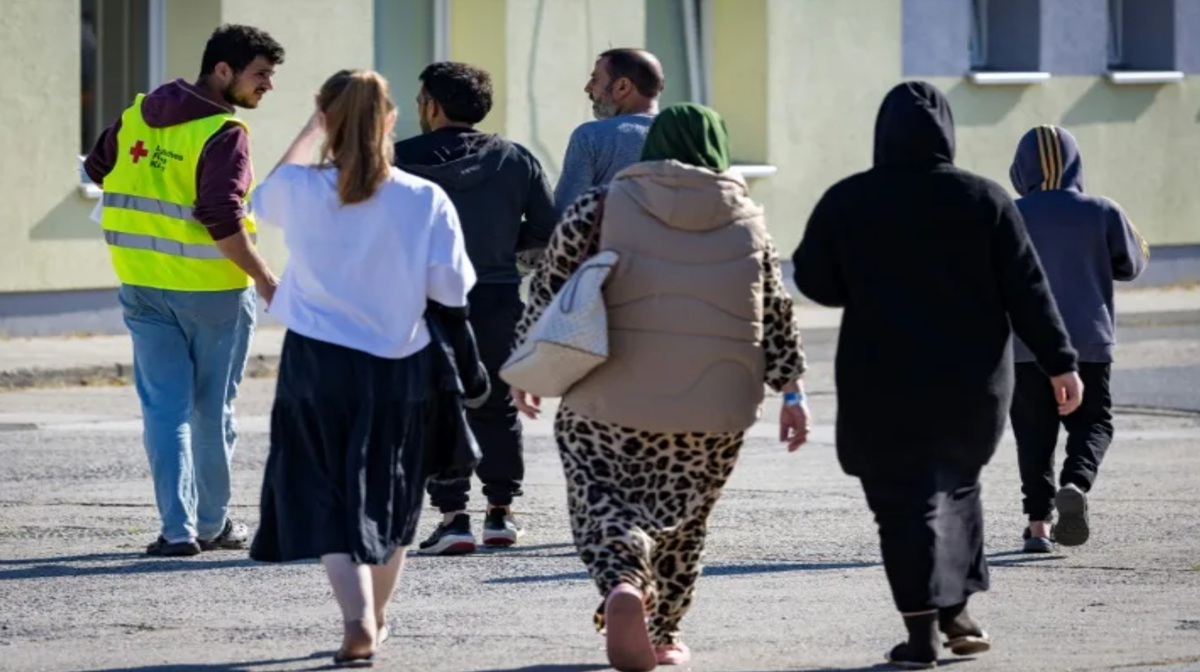CDU/CSU parliamentary secretary Thorsten Frei continues to push for the adoption of “third-country models,” which involve processing asylum applications in non-EU countries. Frei asserted that such measures are integral to “a comprehensive and coherent migration policy” and called on both the European Union and its member states to actively pursue their implementation. However, his stance has encountered resistance from the SPD.
Migration expert Gerald Knaus noted that the majority of EU nations support the concept of safe third-country solutions and suggested that Germany’s position could be pivotal in determining the policy’s outcome. Knaus described this approach as “a final opportunity for an orderly migration framework” that upholds the Geneva Refugee Convention.
Reports indicate that the Federal Ministry of the Interior, led by Nancy Faeser (SPD), is exploring the feasibility of a system similar to the “Rwanda model” previously considered by the United Kingdom. Under this framework, asylum seekers would be transferred to Rwanda, where they would remain if granted refugee status.
Under existing EU regulations, asylum seekers must have a direct connection to a third country before being relocated there—typically their country of origin or a location where they have resided temporarily. However, legal interpretations suggest that this requirement is not explicitly mandated under the Geneva Refugee Convention or the European Convention on Human Rights.
SPD parliamentary group vice-chair Dirk Wiese expressed skepticism regarding the proposal, reaffirming the SPD’s critical stance on outsourcing asylum procedures. He emphasized that “humanity and order” must remain the guiding principles in shaping future migration policies.
The discussion surrounding third-country models underscores the ongoing political divide in Germany over migration strategy and the broader EU approach to handling asylum applications.
Source:https://de.nachrichten.yahoo.com/

